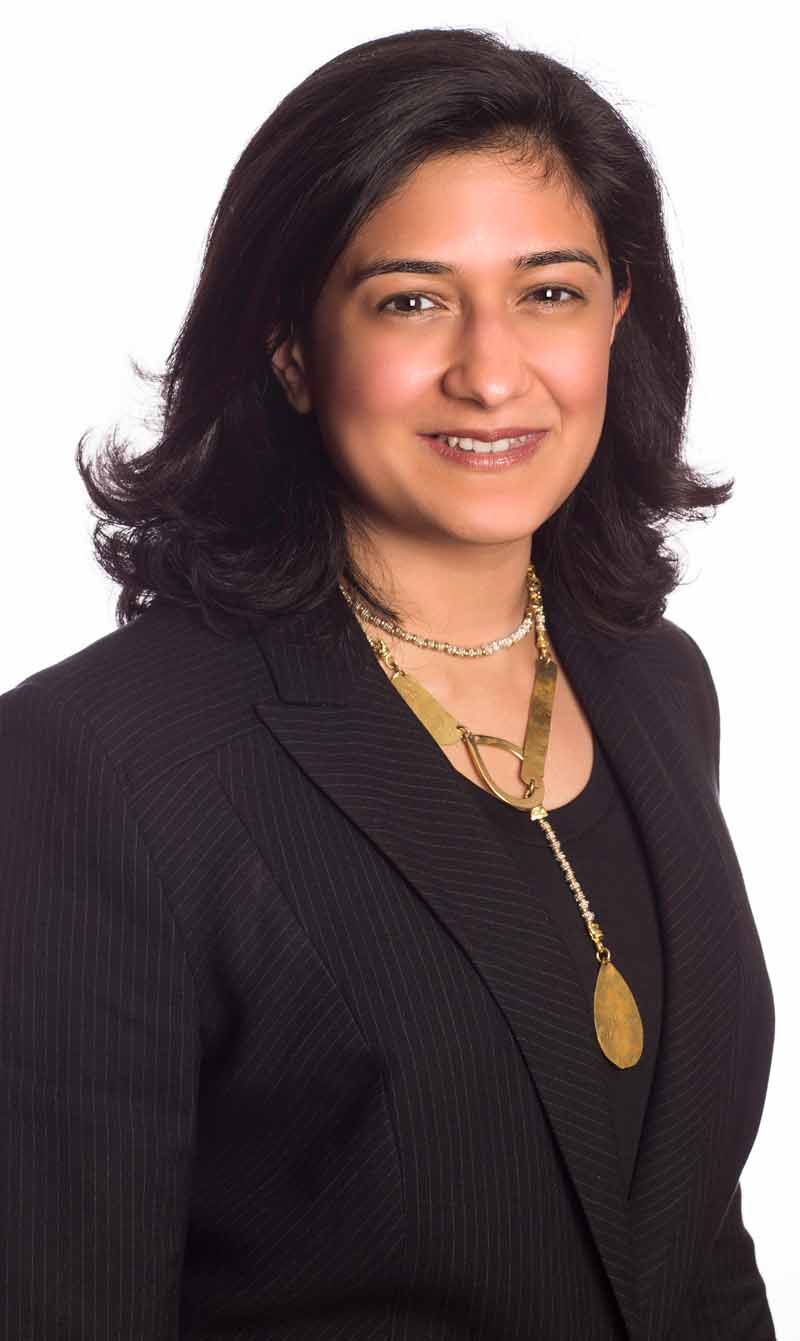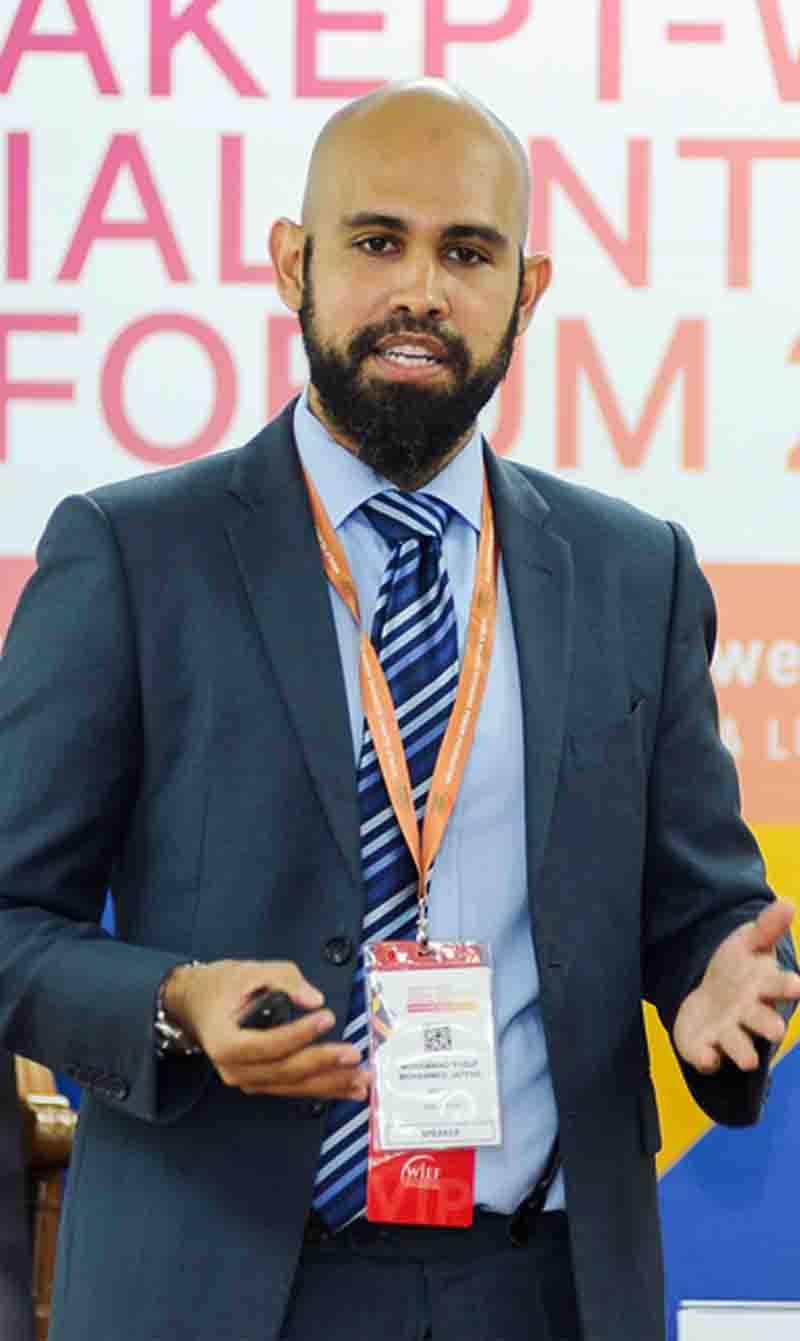Rise of the ASEAN startup ecosystem
The diversity of ASEAN has lent itself to the energy of the region’s startup ecosystem — where various cultures and backgrounds, different ways of thinking and different specialities have contributed to an environment that is continuously growing and thriving. This same diversity brings with it the challenges of creating a more interlinked ASEAN-wide ecosystem.
Fortunately, connectors such as Tech in Asia, a media, events and jobs platform, and the Rice Bowl Startup Awards, a regional awards programme, recognise outstanding ecosystem players in the region and help reach out to communities across Asia to foster a common ethos of excellence and healthy competition within ASEAN. However, the upsurge in entrepreneurial ambition in the region will need greater support.
Analysts predict that e-commerce in ASEAN will enjoy tremendous growth, but thus far funding has been unevenly distributed among the ASEAN countries.
Startups and investors alike in the region are no doubt experiencing a huge shift in mind-set about business. Malaysia, being the first country in ASEAN to license six equity crowdfunding platforms, is also aware of the need to provide new funding options for startups.
Analysts predict that e-commerce in ASEAN will enjoy tremendous growth, but thus far funding has been unevenly distributed among the ASEAN countries. The biggest recipients have been Singapore (ASEAN’s richest country by gross domestic product or GDP per capita) and Indonesia (its largest by total GDP and population).
Greater interconnectedness among the ASEAN startup ecosystems will bring multiple benefits, a wider network of startups and corporates, encouraging more synergistic linkups between the two kinds of entities. Corporates have access to markets, while startups are able to innovate rapidly.
Matchmaking corporations with startups is a particularly important component in nurturing innovation, even if this is not always immediately apparent. At the 12th WIEF in Jakarta, Jordan Duffy, director and head of innovation at Buckham & Duffy (B&D), Australia, noted that it took B&D a few years to recognise that their work was helping to support an innovation ecosystem. ‘We were building a network of things that would culminate in us being able to generate new ideas rapidly.’
A startup empowerment platform
The idea of building more integrated ecosystems was what prompted the WIEF Young Leaders Network(WYN) to organise IdeaLab for the second year running. The 2016 edition of IdeaLab focused on the startup ecosystem in Malaysia and cross-border linkages within ASEAN. Its uniqueness is that it provides quality engagement and funding opportunities for startups and investors.
WIEF’s IdeaLab 2016 was a boutique conference aimed at raising awareness of major and minor players, making the startup ecosystem more transparent, and providing a platform to facilitate more profitable partnerships and collaborations.
Held in Kuala Lumpur from 31 October to 1 November, IdeaLab 2016 was designed to empower startups from over 20 industries — ranging from travel to education, forestry and real estate — by allowing them to test and discuss their ideas and business with experts in the fields.
Over 400 participants comprising startups and corporations as well as venture capitalists and angel investors from 34 countries were on the lookout for opportunities to invest amounts ranging from USD10,000 to USD500,000.
As with the previous edition, IdeaLab 2016’s signature events — the Ideation Stage, Networking Pods, Workshops, Developers Den, Startups Anonymous, Startup Ecosystem Fair and the IdeaClinic — were designed to build a conducive space for startups and investors to interact.
The IdeaClinic is a one-stop free consultancy room where startups are able to tap the brains of industry professionals on practical matters such as legal issues, negotiating skills, public relations and marketing. The industry professionals on hand last year were Chooi & Company, a law firm, and TinkBig Venture, an innovative tech venture fund focusing on equity investment in technopreneurs.
IdeaLab: Building ecosystems
The ideation stage saw various insights shared in the ASEAN context. Here are some takeaways.
At the various discussion sessions in the Ideation Stage, topics addressed in the ASEAN context included the future of equity crowdfunding, cross-border investments, angel investing and rising valuations.
Speaking at the session on corporate entrepreneurship responsibility (CER), Raja Teh Maimunah Raja Abdul Aziz, former chief executive officer of Hong Leong Islamic Bank Berhad, Malaysia noted that while CSR (corporate social responsibility) was often about ‘giving someone the fish, CER is about giving them the fishing rod.’ The long-term benefit of the latter approach compared to the former might appear self-evident, but many corporations remained uncomfortable with CER. Organisations were more familiar with CSR which was perceived as ‘giving unconditionally and to the needy,’ whereas with CER there is the element of giving to someone who is then supposed to make money.
As a result, corporations ‘cannot reconcile that CER is part of a programme that is actually good for mankind,’ said Raja Teh Maimunah. She added that with CER, it was important to help entrepreneurs in a sustainable manner that ensured more entrepreneurs could be supported in the future.
The speakers also discussed cross-border investments in ASEAN, exploring how investors made decisions regarding which country to invest in. Hideki Fujita, founder of Segnel, a venture capital firm that has invested in several Malaysian startups, felt that unlike startups in other countries that often focused on their internal markets first, many Malaysian companies were already thinking regionally or globally at the outset. ‘That makes the business more difficult, but at the end of the day, if they succeed, the results are huge,’ said Fujita.
Kuo-Yi Lim, managing director and founding partner of Monk’s Hill Ventures noted that ‘some sectors lend themselves better to regionalisation, just in terms of the regulatory hurdles.’ Fintech is one sector that falls into this category.
In terms of investing by sector in ASEAN, Koichi Saito, founder and general partner of KK Fund, said that ASEAN as a region is facing many challenges in areas such as logistics and fintech, and that he would be particularly interested in ‘founders who are tackling real issues’ in these spaces.
___________________
WIEF’s IdeaLab is happening on 2 – 3 Aug 2017 in Parkroyal, KL. Register to attend, also to pitch your idea, here.





